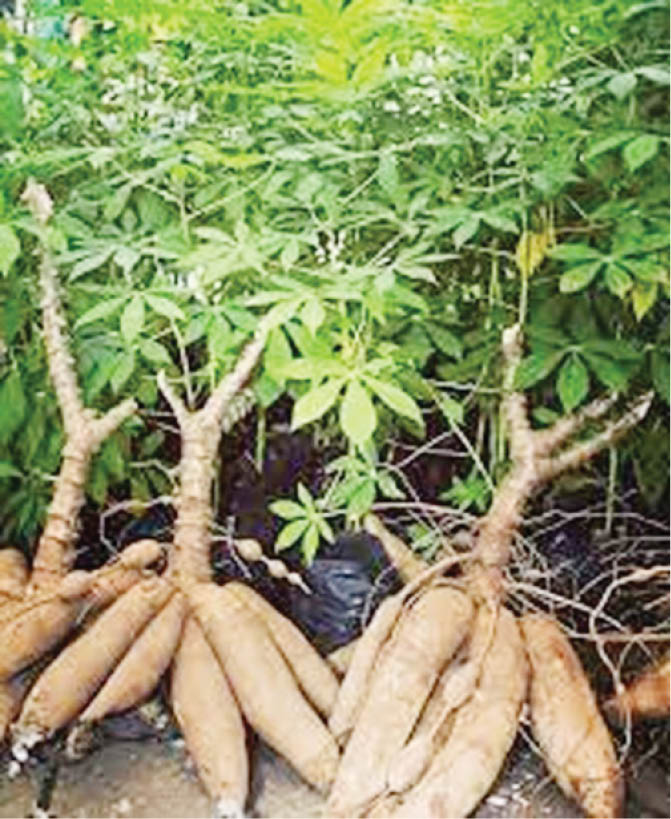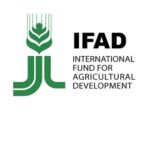The International Fund for Agricultural Development (IFAD) has said it is important to leverage the Public-Private-Producers-Partnership (4-Ps) model to increase the productivity of cassava and rice farmers under its value chain development project.
Speaking at a roundtable conversation with rice, cassava farmers and other private sector actors in Abuja, the Associate Vice-President and General Counsel for International Fund for Agricultural Development, Ms Katherine Meighan said there are key lessons that can be learnt from the 4-P model.
Speaking on the theme “4-P Partnership for Inclusive Food System Transformation and Sustainable Agro-Industrial Value Chains”, she said there must be a holistic approach to increase farmers’ productivity.
Ms Meighan during an earlier bilateral talk with the Minister of Agriculture and Rural Development, Dr Mohammad Mohmood Abubakar, in Abuja, announced a new five million US dollars grant to the Nigerian government to help farmers adopt climate resilient agriculture following the massive floods that devastated farms, said cooperation was needed to ensure increased productivity of farmers across these two value chains.
“I think that from the IFAD perspective, it’s very important to take advantage of the special agro-industrial zones project to leverage the best practices that we’ve developed in other projects, including the value chain development program, as well as the Commodity Alliance Forum.
“We particularly are interested in how to increase productivity in cassava and rice value chains; how to enhance the value of the products for sale and how to integrate these Innovations and to continue the learning cycle,” she said.
The IFAD Vice President said there are many things the agency could do with the private sector to develop value-added products, adding that “with the knowledge, and learning from the private sector partners, we can enhance the value of these products so that smallholder farmers and agric entrepreneurs can sell these products at a higher price and be able to reinvest this money into their community and into their business. These I think are key lessons that we learn from the 4P model.”
In his response, the Minister of Agriculture and Rural Development said the partnership with the private sector is key for the ministry and in line with the national agricultural technology and innovation policy.
“The ministry will boost public-private–producers-partnership as well as its key partners in boosting access to innovation and market for smallholder farmers and to create more importunities for agribusiness and other private sector access along value chains.
“With the federal government of Nigeria and the IFAD joint-financed value chain development programme, we put in place a successful commodity alliance forum that is linking at least 35,000 farmers to 20 companies to help farmers to access the market and to help companies of sustainable sources for their inputs,” he stated.
Dr Abubakar said the platform is important to increasing the income of farmers, higher productivity and to also enhance the sustainability of inputs for industries.

 Join Daily Trust WhatsApp Community For Quick Access To News and Happenings Around You.
Join Daily Trust WhatsApp Community For Quick Access To News and Happenings Around You.


